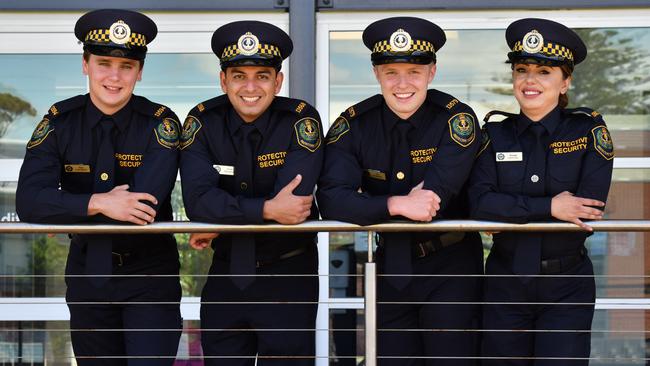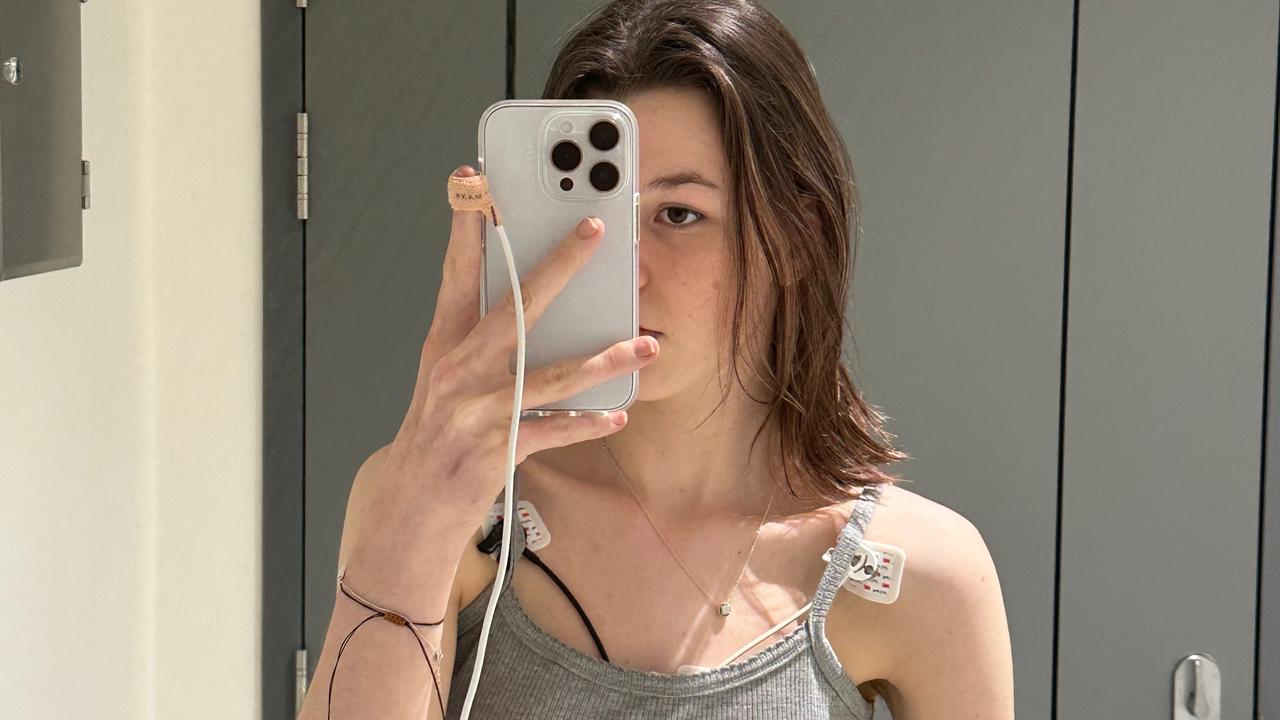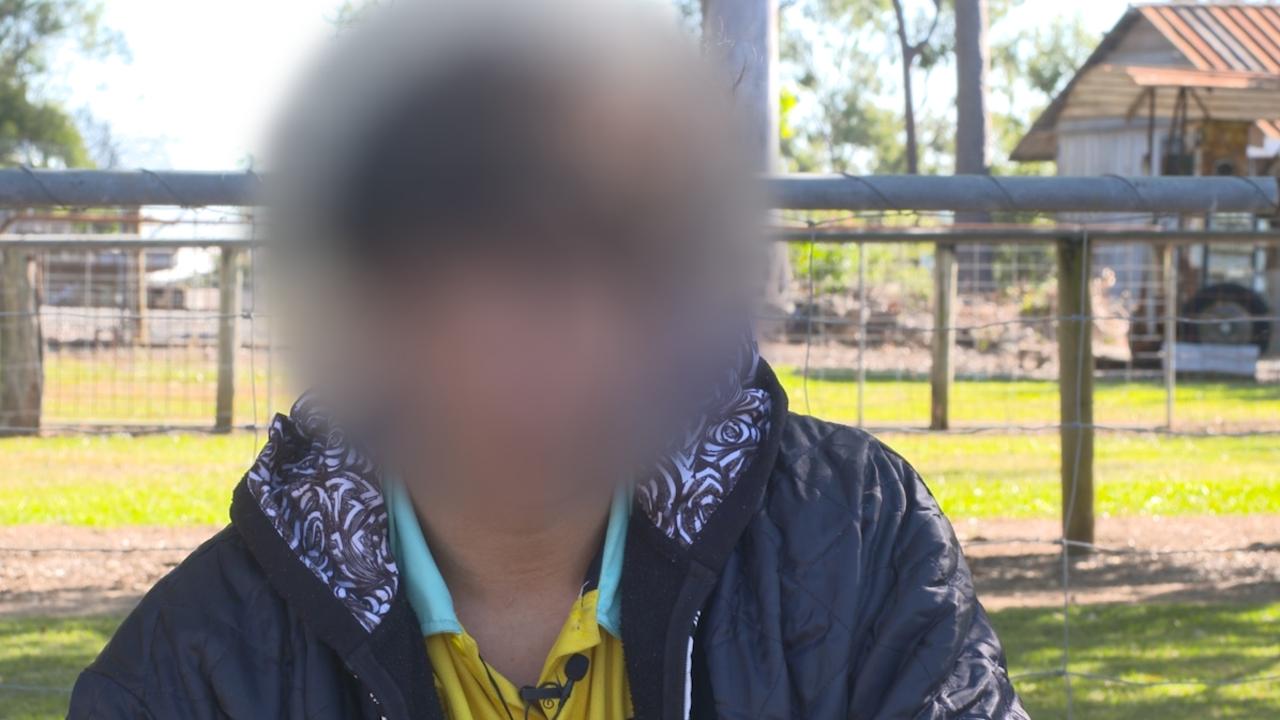Lockdowns for casual Covid contacts to be abolished under contact tracing changes
Being forced into 14-day lockdown if you’re a casual contact of a Covid case will soon become a thing of a past.
Coronavirus
Don't miss out on the headlines from Coronavirus. Followed categories will be added to My News.
Lengthy lockdowns for casual contacts of Covid-19 cases will be abolished under contact tracing changes to be introduced after state borders reopen, allowing visitors at shops and businesses to avoid arduous quarantine.
Final details are expected to be released early next week but The Advertiser understands 14-day isolation for casual contacts, such as that imposed on Burnside Shopping Centre visitors during July’s Modbury cluster, would not be part of the new regime.
Close contacts of infectious people, such as family members and some workmates, are likely to continue to face restrictions as part of a graduated easing of testing, tracing, isolation and quarantine requirements after the state hits an 80 per cent double-dose vaccination rate – about the time of the November 23 border reopening.
Premier Steven Marshall on Thursday said a higher level of concern was likely in early weeks after the 80 per cent target was reached, despite the aim of having a minimal impact on businesses, but declared progress towards a 90 per cent rate before the end of the year would give “a much greater level of protection”.
“But as we get to higher level vaccination rates, it means we won’t have the same approach with every single new case. In fact, we know that there will be cases in South Australia and we will be living with Covid,” Mr Marshall said.
“So, we’ll move away from when we would lock down casual contacts. There will not be casual contacts with the new arrangements, but we will still look at who those close contacts are and the most appropriate way to slow the spread of Covid throughout South Australia.”
Chief public health officer Professor Nicola Spurrier on November 1 said contact tracers would rely more on SMS messaging once borders reopened and cases would be contacted depending on priority “as the system is no longer able to contact everyone so quickly”.
It is understood SA Health is working on timing and thresholds for the changes ahead of the release early next week of details about how infectious people and their contacts would be treated after November 23.
Meanwhile, the chances of double-vaccinated South Australians being able to travel to Melbourne and Sydney from November 23 without the threat of having to isolate upon return have been boosted following the discovery of a health data anomaly.
SA authorities believe Melbourne and Sydney’s double vaccination rates of about 70 per cent and 73 per cent, respectively, are inaccurate – and significantly lower than in reality – because they are based in outdated population data.
Mr Marshall said the figures were being reviewed.
He said coupled with increasing vaccination rates, it had the potential to push Melbourne and Sydney’s rates above the 80 per cent double vaccination threshold required for free travel into SA once borders are opened.
Melbourne and Sydney’s vaccination data was based on 2019 population figures that did not factor a mass exodus of international students due to the pandemic.
Covid cops to hit the streets
The first of 114 new protective security officers enlisted as part of the state’s Covid response will hit the streets next week.
The initial tranche of 30 graduated from the police academy on Thursday and will take over Covid-related duties from sworn police officers to enable them to get back on the beat.
The PSOs’ duties will include monitoring activities at quarantine hotels, foot patrols, operating security equipment and monitoring CCTV surveillance of key locations.
The state government allocated funding of $23.6 million in the budget to extend the employment of 54 existing PSOs and recruit another 114 following a request from Police Commissioner Grant Stevens as Covid policing duties stretched existing resources.

Deputy Police commissioner Linda Williams said the PSOs will initially undertake medi-hotel
compliance duties by staffing security desks and controlling quarantine access.
Among those who graduated Thursday was Dimple, a mother-of-two who previously worked in disability services for the Department of Human Services.
“By becoming a PSO I am able to represent my Indian community and use this opportunity to
contribute to the safety of Australian citizens during this global pandemic,” Dimple said.
– Nigel Hunt
RAH staff prepare for Delta strain in Victoria
Royal Adelaide Hospital staff are in Victoria to help with and learn from that state’s medical response to Covid.
The secondment is in preparation for Covid readiness when SA borders open on November 23.
Two doctors and four nurses will spend up to 12 days at Northern Hospital in the Melbourne suburb of Epping.
Providing support to their Victorian counterparts, while gaining skills to care for Covid patients, they will share their findings with RAH teams through regular briefings.
“It’s some of the little things, advice and interactions that we are hoping to pick up too, like the different ways staff communicate with each other and with their patients in this setting,” said RAH ICU nurse Mandy Kocher, who is among the group.
“The main thing I ask is to please get vaccinated so it’s not you we’re looking after in ICU.”
The group will return to SA after November 23, when its borders open to fully vaccinated people from NSW, Victoria and the ACT.
- Anna Vlach





